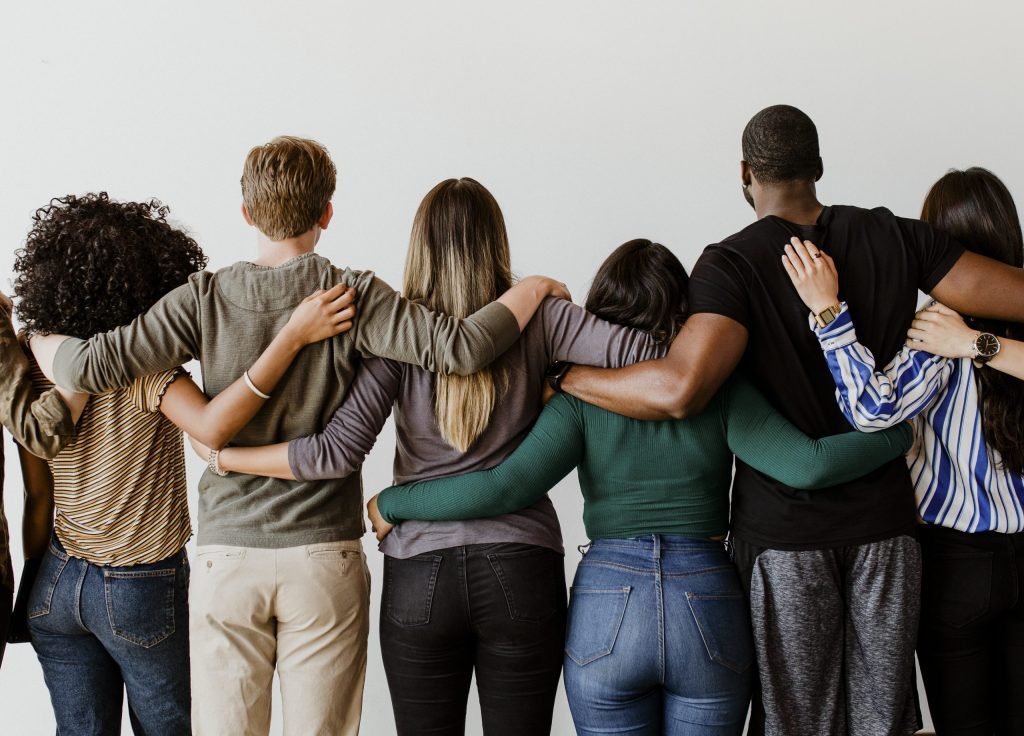The International Day of Living Together in Peace reminds us that peace is much more than the absence of conflict. It requires an active commitment to dialogue, mutual understanding, and social justice. Living together in peace means embracing diversity, listening with respect, and building bridges where there were once walls. This vision, enshrined in the UN Declaration and Programme of Action on a Culture of Peace, finds a powerful ally in the contributions of the dialogic society.
The dialogic society, as conceptualized by sociologist Ramón Flecha, is built on principles of equal dialogue, cultural intelligence, and social transformation through egalitarian interaction. From this perspective, peaceful coexistence is fostered through spaces where everyone —regardless of origin, gender, religion, or condition— can participate equally in transforming their realities.
Initiatives such as Dialogic Literary Gatherings, implemented in schools, prisons, universities, and communities, show how genuine dialogue helps overcome conflicts, break down prejudices, and create solidarity networks. These experiences embody the core message of UNESCO: peace is built in the minds and daily relationships of people through educational and social practices that promote empathy, justice, and respect.
In a world increasingly marked by polarization and inequality, it is urgent to foster concrete measures that engage civil society, as promoted by the United Nations. Living together in peace is a collective endeavor that becomes possible when we transform education, institutions, and social relations through the principles of egalitarian dialogue. This is how we take decisive steps toward lasting peace, which is inseparable from sustainable development and universal human rights.
Serra Húnter Fellow of Sociology at Universitat Rovira i Virgili.
Former DAAD-Gastprofessorin at Julius-Maximilians-Universität Würzburg


